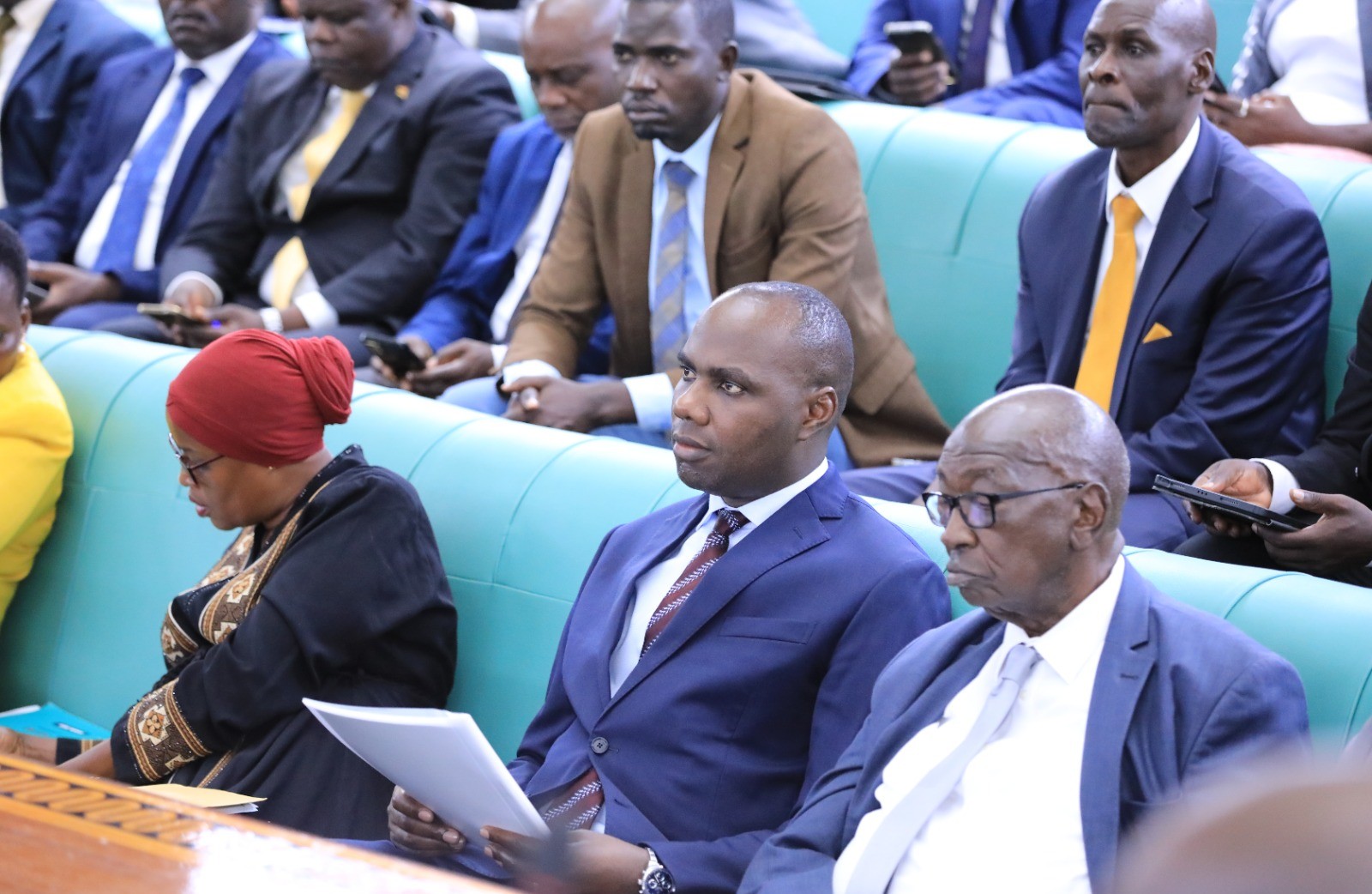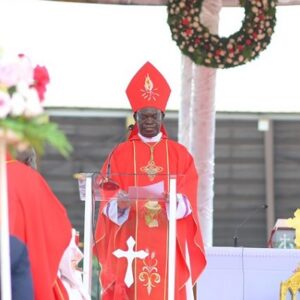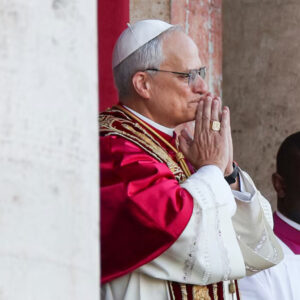Raila Odinga, Kenya’s former prime minister and perennial opposition leader, has died on early Wednesday morning at an Ayurvedic treatment center in southern India.
The 80-year-old political titan suffered a cardiac arrest during a routine morning walk, collapsing on the serene campus of the Sreedhareeyam Ayurvedic Eye Hospital and Research Centre in Koothattukulam, a quiet town in Kerala’s Ernakulam district. He was pronounced dead at 9:52 a.m., hospital officials confirmed.
Odinga’s passing marks the end of an era for Kenyan democracy, where he loomed large as both a fierce critic of power and a bridge-builder in times of crisis.
His death comes just weeks after he arrived in India seeking specialized care following a minor stroke back home, a trip that had fueled weeks of rumors and speculation about his health. Family members, including his daughter Rosemary, who accompanied him, had publicly dismissed the whispers as “exaggerated and inaccurate,” insisting the elder statesman was “up and about” and recovering well.
Raila’s body now rests at nearby Devi Matha Hospital, preserved as Kenyan authorities coordinate with Indian officials for repatriation. A source in Odinga’s office confirmed the news to Reuters, while Kenyan media outlets reported Parliament adjourning its session to reconvene at 2:30 p.m. local time for an anticipated official statement.
A Legacy Forged in Struggle and Resilience
Born on January 7, 1945, in Maseno, Kisumu District, to independence hero Jaramogi Oginga Odinga—Kenya’s first vice president—and Mary Juma Odinga, Raila Amolo Odinga grew up in the shadow of colonial rule and post-colonial intrigue. Educated as a mechanical engineer in East Germany, he returned home in the 1970s to a nation gripped by authoritarianism under President Jomo Kenyatta. Odinga’s early foray into politics was anything but smooth: arrested in 1982 for allegedly plotting a coup against President Daniel arap Moi, he spent six years in solitary confinement, emerging as a symbol of defiance.
The 1990s brought multiparty democracy to Kenya, and Odinga rode that wave into Parliament as MP for Langata in 1992, a seat he held until 2013. He co-founded the Forum for the Restoration of Democracy-Kenya (FORD-Kenya) with his father, breaking away to form the National Development Party amid ideological rifts. His charisma, often delivered with a sly grin and Luo proverbs, earned him the nickname “Agwambo” (the “unpredictable one”) among supporters. But it was his role in the Orange Democratic Movement (ODM)—which he led to victory in the 2005 constitutional referendum—that cemented his status as the voice of the disenfranchised, particularly in Kenya’s Luo heartland and urban slums.
Odinga’s presidential ambitions defined much of his later career. He ran unsuccessfully five times—in 1997, 2007, 2013, 2017, and 2022—each bid laced with allegations of electoral fraud that sparked national turmoil. The 2007 election, marred by claims of rigging against Mwai Kibaki, ignited ethnic violence that killed over 1,000 and displaced hundreds of thousands. Odinga, declared the winner by parallel tallies, brokered a landmark power-sharing deal under international mediation, serving as prime minister from 2008 to 2013 alongside Kibaki. That coalition government, though fractious, stabilized Kenya and laid the groundwork for reforms like the 2010 constitution, which devolved power and enshrined human rights.
Later campaigns were no less dramatic. In 2017, Odinga briefly swore himself in as “People’s President” in a defiant ceremony, only to later forge a “handshake” reconciliation with President Uhuru Kenyatta in 2018, easing post-election tensions. By 2022, despite backing from Kenyatta in a bid to unseat William Ruto, Odinga lost narrowly and conceded gracefully, praising the process as Kenya’s “most credible” yet. Even in defeat, he positioned himself as a statesman, turning his gaze toward the African Union Commission chairmanship—a role he pursued vigorously until health concerns sidelined him this year.
Beyond elections, Odinga’s influence reshaped Kenya. As energy minister in the 1990s and later roads minister, he championed infrastructure projects that connected remote regions. He was a vocal advocate for devolution, anti-corruption drives, and youth empowerment, often clashing with allies over graft scandals that tainted his ODM party. Critics, including Ruto’s camp, branded him a serial loser or ethnic chauvinist, but admirers saw a reformer who humanized opposition politics. “Raila didn’t just run for president; he ran for a freer Kenya,” tweeted one Nairobi activist shortly after the news broke.
Tributes
Tributes have poured in from across the nation and beyond. President William Ruto—once Odinga’s ally and later rival—called him a “towering figure” and declared a seven-day mourning period with flags flying at half-mast. “Baba’s legacy of resilience will guide us,” Ruto said, using the affectionate name Kenyans gave Odinga.
Former President Uhuru Kenyatta praised Odinga as “a freedom fighter who journeyed from the trenches of resistance to the halls of power.” South African President Cyril Ramaphosa hailed his pan-African spirit, while other world leaders lauded his lifelong commitment to justice and democracy.







